First-Ever KRAS G12D Inhibitor Zoldonrasib Shows 61% Response Rate in Lung Cancer

Zoldonrasib, an oral KRAS G12D-selective inhibitor, showed a 61% response rate and 89% disease control in previously treated non-small cell lung cancer (NSCLC) patients, according to promising data presented at AACR 2025. Well tolerated at the daily dose, it targets KRAS in its active form, offering clinical benefit and addressing a key unmet need in this hard-to-treat patient population.
At the 2025 American Association for Cancer Research (AACR) Annual Meeting, a notable shift in the treatment paradigm for non-small cell lung cancer (NSCLC) quietly emerged. Zoldonrasib (RMC-9805), a first-in-class RAS(ON) G12D-selective inhibitor developed by Revolution Medicines, showed early signs of becoming what many clinicians have long hoped for: a viable, targeted therapy for a notoriously elusive mutation—KRAS G12D.
A New Chapter in KRAS-Targeted Therapy
KRAS mutations, long considered “undruggable,” are among the most common oncogenic drivers across human cancers. While the development of KRAS G12C inhibitors has marked a significant milestone in NSC lung cancer, these agents only address a subset of patients—about 13%—whose tumors harbor the G12C mutation. In contrast, KRAS G12D mutations account for an estimated 4% of NSCLC cases, with no approved targeted treatments to date.
Patients with KRAS G12D-mutant tumors are typically relegated to cytotoxic chemotherapy or immune checkpoint inhibitors, with modest response rates and a generally poor prognosis. “Therefore, developing novel therapies for this patient population is of paramount importance,” said Dr. Kathryn C. Arbour, thoracic oncologist at Memorial Sloan Kettering Cancer Center and lead investigator of the study. “Zoldonrasib offers the first real glimpse of what targeted therapy could look like for these patients.”
A Precision Tool for a Tough Target
Unlike KRAS G12C inhibitors, which lock the protein in its inactive form, zoldonrasib uniquely targets the active, GTP-bound conformation of KRAS G12D. This RAS(ON) strategy may not only disrupt tumor signaling more effectively but also reduce the likelihood of adaptive resistance—a frequent pitfall in targeting the RAS pathway.
RMC-9805-001 is a multicenter, open-label, dose escalation and dose-expansion Phase 1 study designed to evaluate zoldonrasib in patients with advanced solid tumors harboring a KRAS G12D mutation.
In the ongoing trial, zoldonrasib was administered as monotherapy to patients with advanced solid tumors carrying the KRAS G12D mutation. Among the 90 patients treated at the 1,200 mg daily dose—the recommended Phase 2 regimen—the safety profile was favorable and consistent with prior data from pancreatic cancer cohorts. No dose-limiting toxicities were observed, and the most common treatment-related adverse events (TRAEs) were low-grade nausea, diarrhea, and fatigue.
Objective Responses That Matter
The trial's efficacy signals were especially compelling. In a subset of 18 evaluable patients with previously treated KRAS G12D-mutated NSCLC, the objective response rate (ORR) was 61%—an unprecedented figure in this setting. Additionally, 89% of patients achieved disease control, suggesting a meaningful clinical benefit in a population where standard second-line chemotherapy, like docetaxel, typically yields ORRs in the range of 10–15%.
Well Tolerated at All Dose Levels
Importantly, zoldonrasib’s tolerability distinguishes it from earlier generations of RAS pathway inhibitors, which have been hampered by toxicities such as rash, mucositis, and liver enzyme abnormalities. “Zoldonrasib was very well tolerated at all dose levels, including the 1,200 mg once-daily dose. The most common side effects were nausea, diarrhea, and fatigue, typically low-grade and easily managed with supportive medications,” Dr. Arbour, said.
The RAS(ON) strategy deployed by Revolution Medicines is more than just a pharmacologic innovation—it represents a conceptual pivot. By targeting the protein in its active state, rather than waiting for it to cycle into inactivity, zoldonrasib potentially sidesteps compensatory signaling mechanisms that tumors often exploit to bypass inhibition.
“These data reinforce the clinical potential of zoldonrasib following the initial tolerability and antitumor activity reported late last year in patients with pancreatic ductal adenocarcinoma,” said Dr. Mark A. Goldsmith, CEO and Chairman of Revolution Medicines. “Together these results support further evaluation of zoldonrasib as monotherapy and in combination as we continue efforts to advance innovative targeted medicines for patients living with these hard-to-treat cancers.”





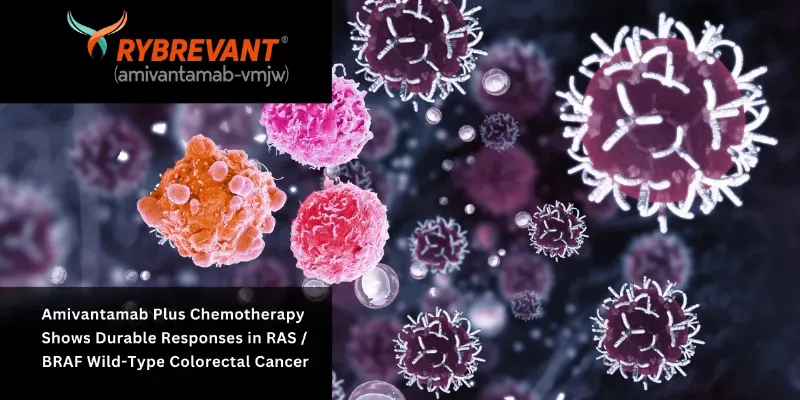
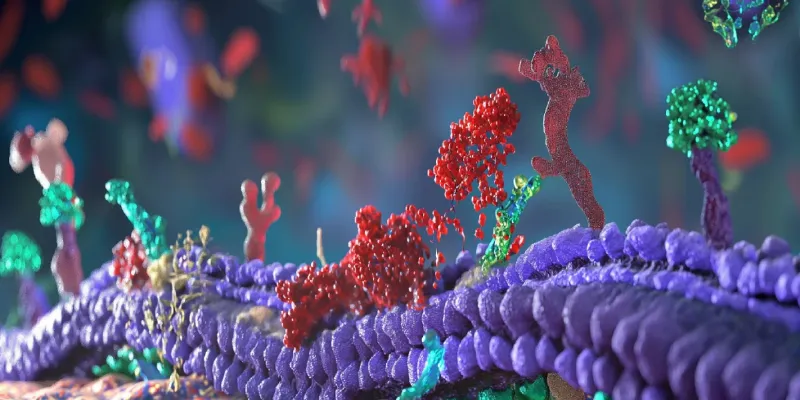
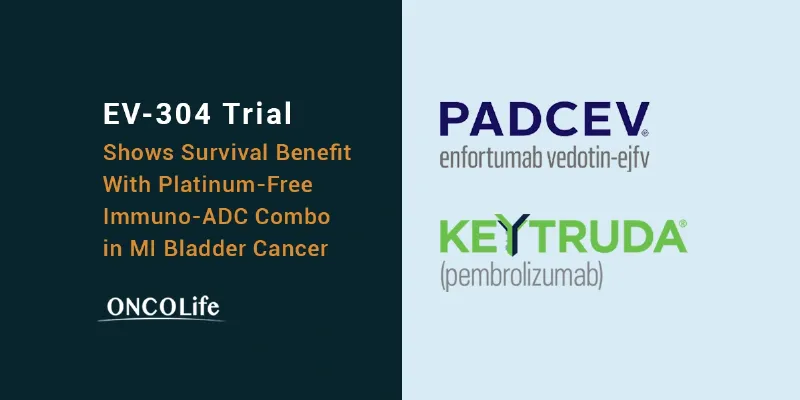
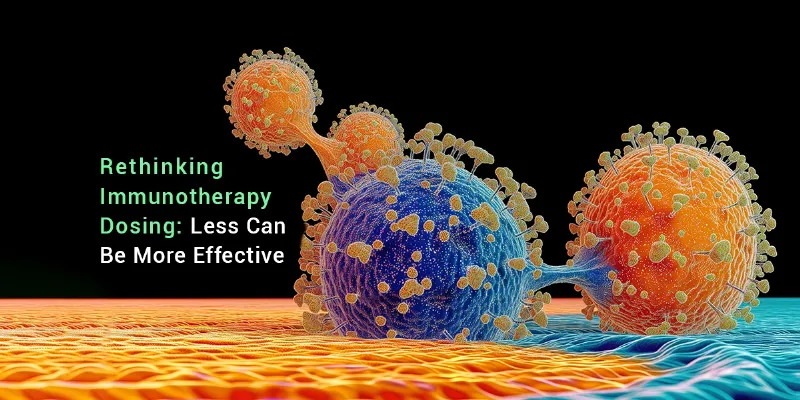
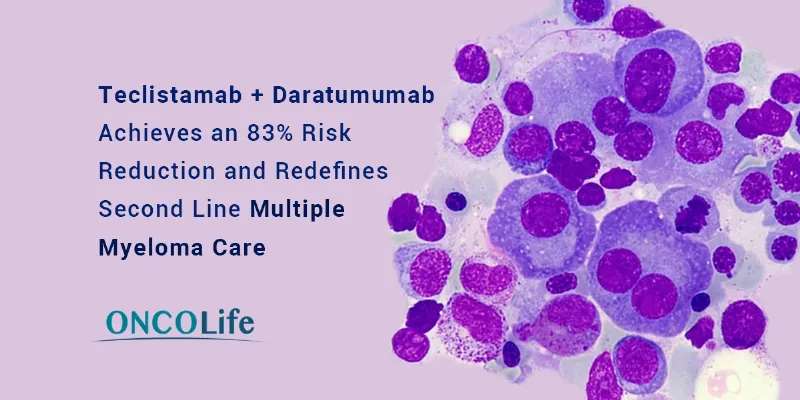
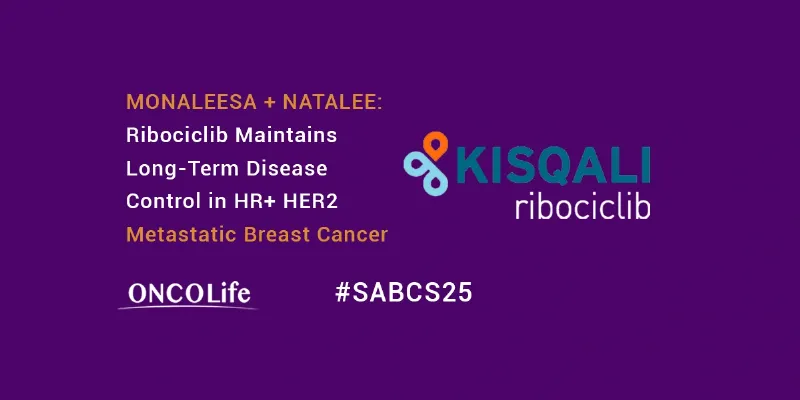
Comments
No Comments Yet!